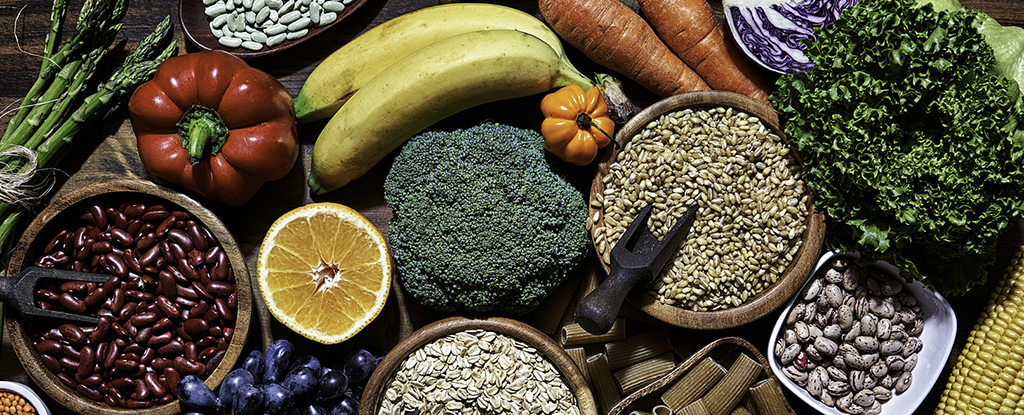Most of us will have a preference for chocolate in terms of the taste and texture. According to a new study, those who choose dark over milk might find a hidden benefit in a reduced risk of type 2 diabetes.
Researchers from the Harvard TH Chan School of Public Health in Massachusetts led a study on the health and eating habits of 111,654 nurses, who in a series of surveys conducted in the 1970s and 1980s logged which types of chocolate they ate.
The biggest takeaway, based on an average 25-year follow-up: eating five or more servings of dark chocolate a week was linked to a 21 percent drop in the risk of developing type 2 diabetes, compared with rarely or never eating chocolate.
That’s after excluding individuals with exceedingly high or low calories intake, and accounting for several key lifestyle and dietary factors in the records of those who remained. What’s more, dark chocolate seemed to help them keep weight off too.
Curiously, no such relationship was found between milk chocolate and type 2 diabetes, which was instead linked with an increase in body mass.
“Increased consumption of dark, but not milk, chocolate was associated with lower risk of type 2 diabetes,” write the researchers in their published paper.
“Increased consumption of milk, but not dark, chocolate was associated with long term weight gain.”
Now before you swap out one type of chocolate for another in your cupboards, it’s worth emphasizing that the data here doesn’t show direct cause and effect. Some risk factors were controlled for, but many more may be having an impact.
Despite the limitations of the study though, the association between dark chocolate and reduced type 2 diabetes risk is strong enough to warrant further investigation, including the potential mechanisms at work.
Dark chocolate is high in flavanols – compounds also found in fruit and vegetables – which are thought to have numerous health benefits. Flavanols have previously been linked with reducing type 2 diabetes risk, so could well be significant here.
“Milk and white chocolate intake might not lead to the same metabolic health benefits owing to their higher added sugar content – an established dietary risk factor for cardiometabolic diseases,” write the researchers.
Records from 2019 show around 463 million people affected by diabetes in general, a number that is expected to reach 700 million over the next two decades. The condition means constant monitoring of diet and blood sugar levels is required, and it can lead to more serious medical complications.
Despite those daunting numbers, new discoveries are being made regularly about how type 2 diabetes risk can be reduced, from getting more sleep to improving our diets. Knowing dark chocolate could be a healthier option might help individuals tailor their diets to benefit their needs.
“Further randomized controlled trials are needed to replicate these findings and further explore the mechanisms,” write the researchers.
The research has been published in the BMJ.





